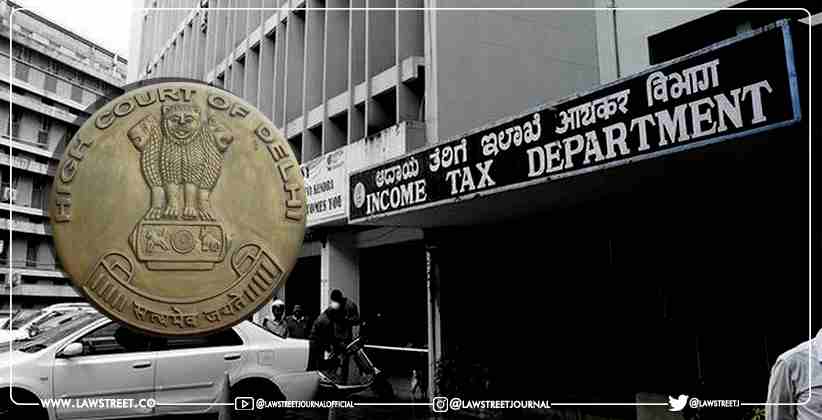On July 16,2021, a Delhi High Court bench comprised of Justices Manmohan and Navin Chawla, while hearing a suit determining the authenticity of an email of adjournment and extension issued by the Income Tax Department, directed the Central Bureau of Investigation (CBI) to investigate whether the email was issued to the petitioner or not, and if so, by whom. The CBI was given four weeks to file its investigation report with the Court.
The court also held that it is constitutionally obligated to ensure that citizens of this country who seek this Court's extraordinary jurisdiction are not intimidated by allegations of forgery and prosecution.
The following are the facts of the case:
The current writ petition has been filed in response to the assessment order dated June 1, 2021.Petitioner has also requested additional time in the future to file a response, taking into account the lockdown situation in Uttar Pradesh and the National Capital Territory of Delhi, as well as the fact that the Petitioner-Company is represented by a Resolution Professional who is an independent professional and is reliant on past employees of the Petitioner-Company to file its response.
Petitioner's Point of View:
The petitioner's learned counsel made the following claim:
- It was submitted that the petitioner had requested an adjournment and extension of time to submit his reply on May 31, 2021, around 02:00 p.m., citing the reason that the Resolution Professional of the Petitioner was unable to access the records of the Petitioner-Company due to various lockdown restrictions imposed by the State of Uttar Pradesh.
- According to learned counsel for the petitioner, on the same day at around 4:00 p.m., the Respondent granted an adjournment via email until June 14, 2021.
- The assessment order was invalid in law, according to learned counsel for the petitioner, because the adjournment sought by the Resolution Professional of the petitioner company was granted on May 31, 2021, and the matter was rescheduled for June 14, 2021.
Respondent's Point of View:
Respondent's learned counsel had vehemently opposed the petition, arguing the following:
- It was claimed that the petitioner came to this Court with filthy hands. He claimed that the alleged email dated May 31, 2021, which was the basis for filing the writ petition, did not originate from the respondent's office and thus requested that the writ petition be dismissed.
- It was also claimed that all communications between the Respondent and the Petitioner came from the following e-mail address, which is the Respondent's official e-mail address: delhi.dcit.cen6@incometax.gov.in
However, according to Respondent's records, the Petitioner provided the Respondent with the following email address for communication with the Petitioner: tax@lotusgreens.in
Observation and decision of the court:
- The Court determined that the matter was serious because one of the parties had either forged the document in question or was not telling the whole truth.
- The Court clarified that if it is discovered that the email dated July 31, 2021 was forged and fabricated by the petitioner, it will initiate proceedings under Sections 191/192/196 of the Indian Penal Code.
In light of the foregoing, the Court directed the Central Bureau of Investigation (CBI) to investigate whether or not the email dated May 31, 2021 was sent to the petitioner, and if so, by whom. The CBI must submit its investigation report to this Court within four weeks.The Deponent of the writ petition and counter-affidavit is also ordered to cooperate with CBI officials.
It was also determined that the court is constitutionally obligated to ensure that citizens of this country who seek the Court's extraordinary jurisdiction are not intimidated by allegations of forgery and prosecution, as well as by officials who fail to exercise due care by enquiring whether the email was issued by another wing or Department of Revenue.








